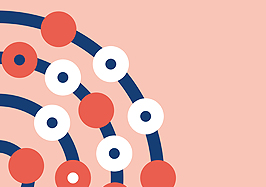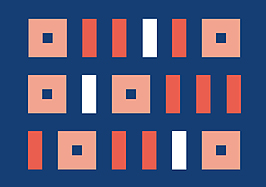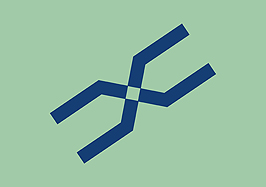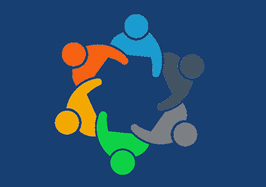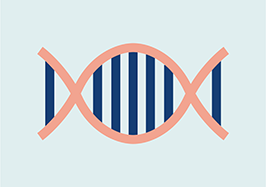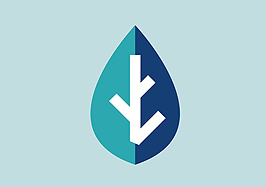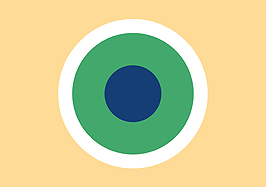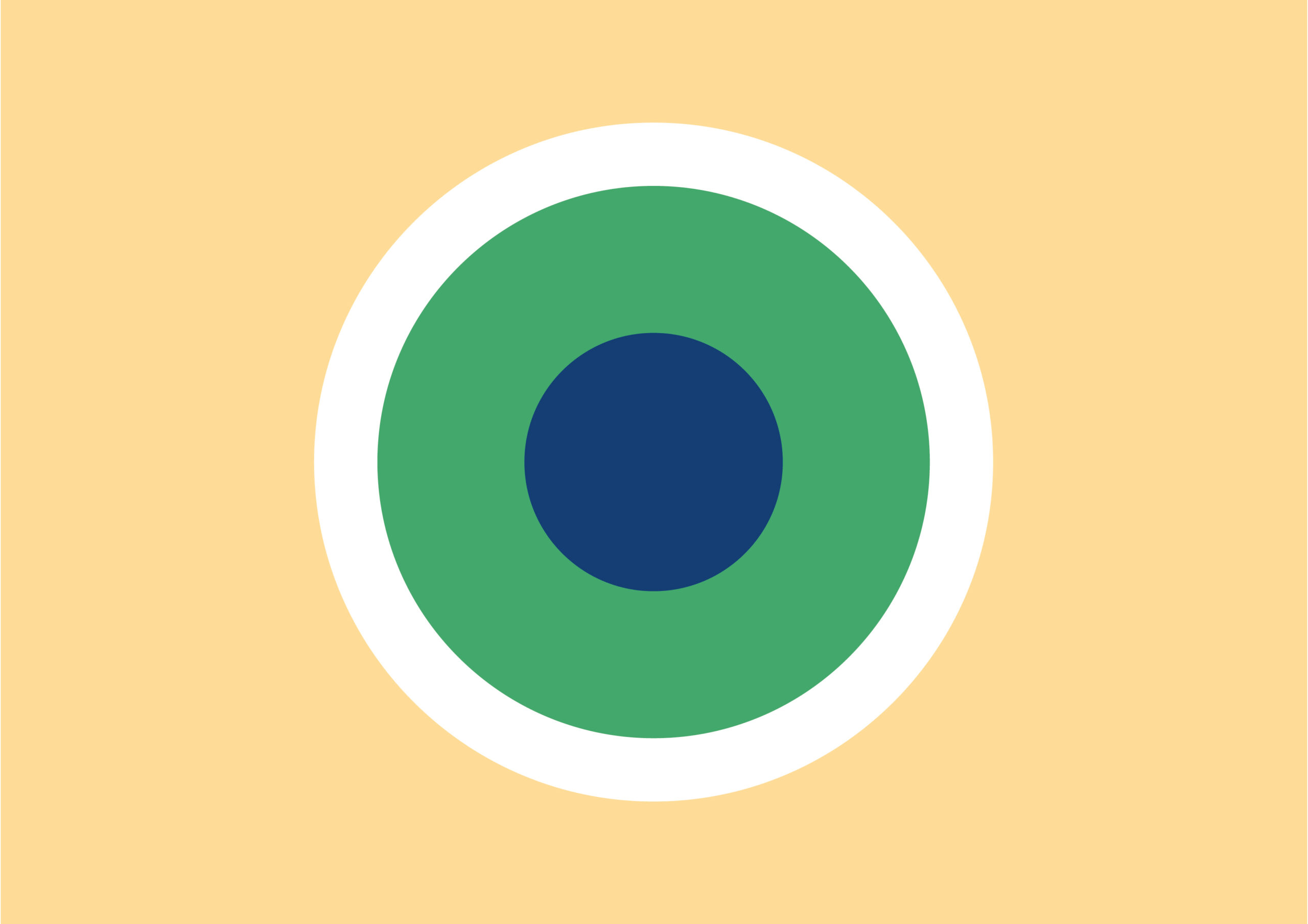
Outputs & Publications
We produce a range of outputs: reports for our stakeholders from each of our Programmes; journal articles reporting cutting edge methods and insights; dashboards of therapeutic interventions and diagnostic tests in development for COVID-19; and exciting novel digital tools such as ScanMedicine - a comprehensive database of clinical trials and FDA-approved medical devices, diagnostics and digital applications. Click below to view examples of our different types of outputs.
Horizon Scanning Report: Horizon scan and landscape analysis of innovations in therapeutic radioligand technologies
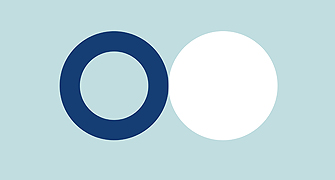
Radioligand technologies have a well-established role in the treatment of certain cancer conditions in the UK. To understand upcoming radioligand technologies in clinical development that might prove disruptive to current clinical pathways, the All Wales Molecular Radiotherapy (MRT) Strategic Programme team requested the Innovation Observatory (IO) to conduct a horizon scan to identify therapeutic radioligand […]
DownloadData extraction methods for systematic review (semi)automation: Update of a living systematic review

Background: The reliable and usable (semi)automation of data extraction can support the field of systematic review by reducing the workload required to gather information about the conduct and results of the included studies. This living systematic review examines published approaches for data extraction from reports of clinical studies.Methods: We systematically and continually search PubMed, ACL Anthology, arXiv, […]
Visit WebsiteA narrative review of recent tools and innovations toward automating living systematic reviews and evidence syntheses

Living reviews are an increasingly popular research paradigm. The purpose of a ‘living’ approach is to allow rapid collation, appraisal and synthesis of evolving evidence on an important research topic, enabling timely influence on patient care and public health policy. However, living reviews are time- and resource-intensive. The accumulation of new evidence and the possibility […]
Visit WebsiteHorizon Scan for Immuno-Oncology Products: Mapping future indications for Pembrolizumab, Nivolumab and Atezolizumab

This report provides a summary of the horizon scan carried out to look at the indications for pembrolizumab, atezolizumab, and nivolumab that might get market approval in UK in the next few years. It presents the findings of our analysis regarding number of MInD records for each of the drugs, status of the records on […]
DownloadAre non-invasive or minimally invasive autopsy techniques for detecting cause of death in prenates, neonates and infants accurate? A systematic review of diagnostic test accuracy

We performed a systematic review of diagnostic test accuracy with the objective to assess the diagnostic accuracy of non-invasive or minimally invasive autopsy techniques in deaths under 1 year of age. MEDLINE (Ovid), EMBASE (Ovid), CINAHL (EBSCO), the Cochrane Library, Scopus and grey literature sources were searched from inception to November 2021. Studies were included if […]
Visit Website“Hacking Early Childhood” Interdisciplinary Report

New technologies continue to revolutionise the world as we have known it. There is no reason to think that early childhood will be spared this revolution. All indications are that technology companies, families, carers, and the education sector will continue to incorporate innovation into the lives of babies and young children around the globe. And yet the topic and the […]
DownloadAutomated data analysis of unstructured grey literature in health research: A mapping review

The amount of grey literature and ‘softer’ intelligence from social media or websites is vast. Given the long lead-times of producing high-quality peer-reviewed health information, this is causing a demand for new ways to provide prompt input for secondary research. To our knowledge, this is the first review of automated data extraction methods or tools […]
Visit WebsiteInvestigation of text-mining methodologies to aid the construction of search strategies in systematic reviews of diagnostic test accuracy—a case study

Current methodologies for designing search strategies rely heavily on the knowledge and expertise of information specialists. Yet, the volume and complexity of scientific literature is overwhelming for even the most experienced information specialists, making it difficult to produce robust search strategies for complex systematic reviews. In this case study, we aimed to assess and describe […]
Visit WebsiteFuture Developments and New Technologies in the field of Faecal Incontinence: Scanning the Horizon Using Late-Stage Clinical Trial Registrations

In this paper, horizon scanning techniques were used to systematically identify health technologies related to faecal incontinence (FI) in active development using the NIHR Innovation Observatory’s ScanMedicine database. We found that most late-stage trials focused on bowel management strategies, followed by strategies related to bladder and bowel dysfunction. There was limited evidence found for new […]
Visit WebsiteHorizon Scanning Report: An Investigation into the Development of Artificial Intelligence (AI), Machine Learning (ML) and Deep Learning (DL) - Enabled Healthcare Technologies

The use of Artificial intelligence (AI) is rapidly expanding and evolving in the clinical practice and community care settings. AI-based healthcare technologies encompass a diverse range of technologies. In general, these technologies are designed to learn from their experiences, adapt to new inputs, and perform a variety of tasks, such as making predictions, recommendations, and […]
DownloadHorizon Scanning Final Report: Identification of Respiratory Tract Infection Technologies

Following a request from the AMR Programme Board and the AMR Diagnostic Programme Board, the Innovation Observatory sought to undertake horizon scanning activities for Respiratory Tract Infection (RTI) technologies and to identify the pipeline of development, key players, opportunities and challenges in the field. The findings of that horizon scan were summarised into the accompanying […]
DownloadThe Systematic Review Toolbox: keeping up to date with tools to support evidence synthesis

The Systematic Review (SR) Toolbox was developed in 2014 to collate tools that can be used to support the systematic review process but the breadth of evidence synthesis methodologies has expanded greatly since its inception. We updated the SR Toolbox in 2022 to reflect these changes and also briefly analysed included tools and guidance to […]
Visit WebsiteHorizon Scanning Report: Identification of innovations for PET radiopharmaceuticals in the context of the Welsh Health Service

PET radiopharmaceuticals are used to diagnose and monitor a range of medical conditions. For example, they are used to diagnose cancer, assess the effectiveness of cancer treatments, and monitor the health of organs and tissues. PET radiopharmaceuticals can also be used to detect certain diseases before they become symptomatic. However, PET radiopharmaceuticals can cause radiation […]
DownloadA rapid priority setting exercise on faecal incontinence for Cochrane Incontinence

Faecal incontinence (FI) has a high prevalence in both community and residential settings. Historically, there has been a lack of priority setting recommendations for FI. Our priority setting exercise for Cochrane Incontinence, used an evidence gap map to provide a visual overview of emerging trial evidence; existing systematic review-level evidence and FI stakeholder topic uncertainties […]
Visit WebsiteInterim Horizon Scanning Report: Identification of Paediatric Neurological Trauma Technologies

The NIHR Innovation Observatory has undertaken a horizon scan to identify innovative devices, digital and diagnostic medical technologies developed for use for children or young people with actual or suspected paediatric neurological traumatic injury. Systematic searches were performed to identify registered clinical trials and funding awards published as well as news articles. Search results were […]
Download